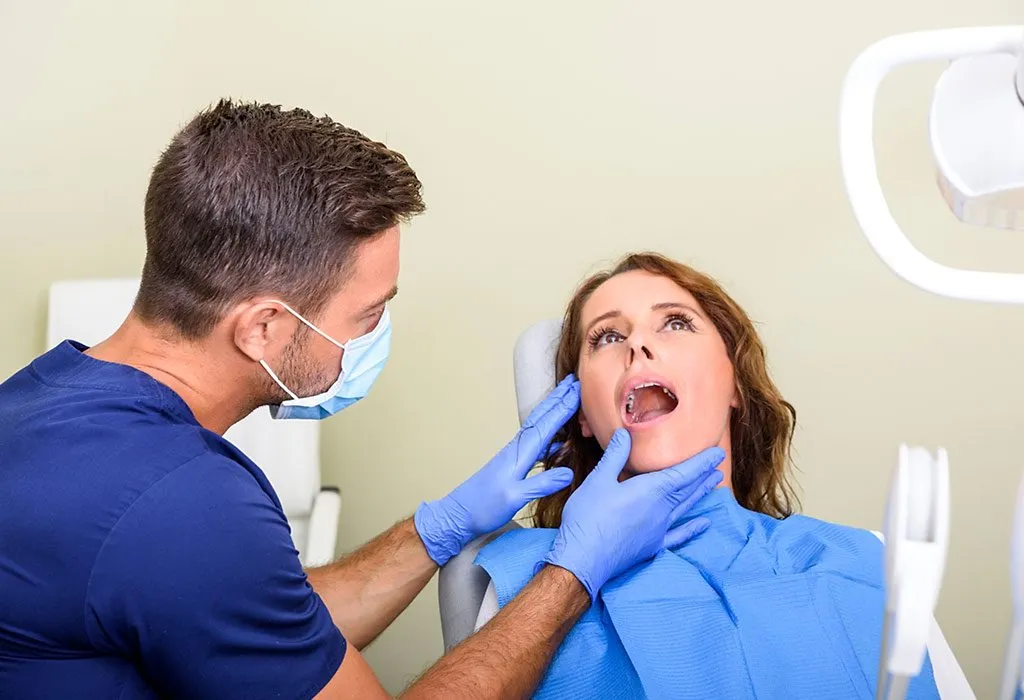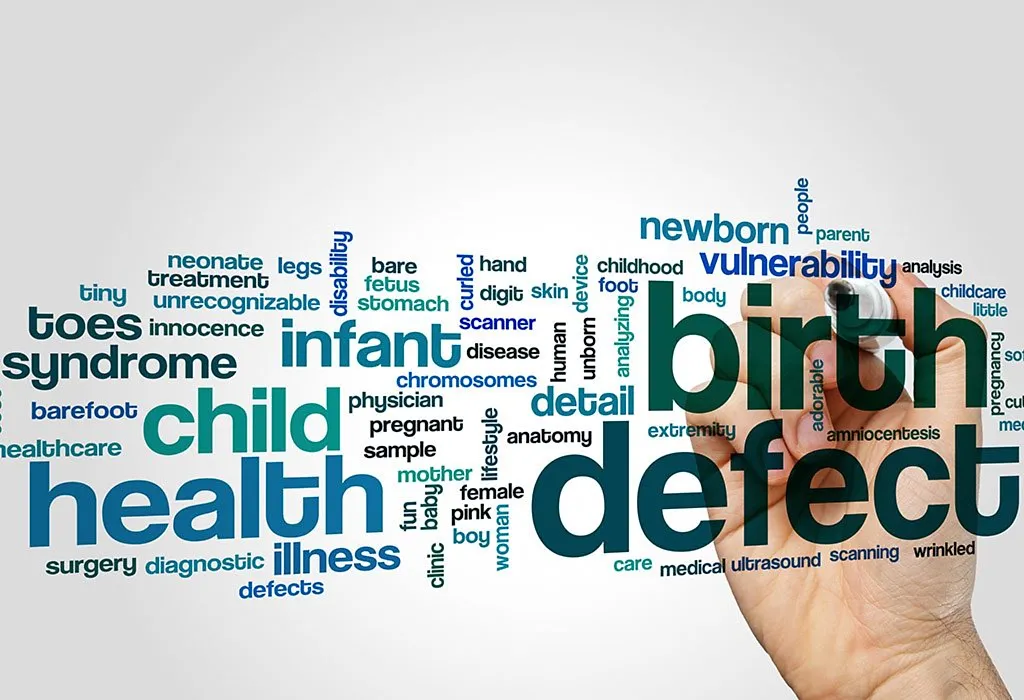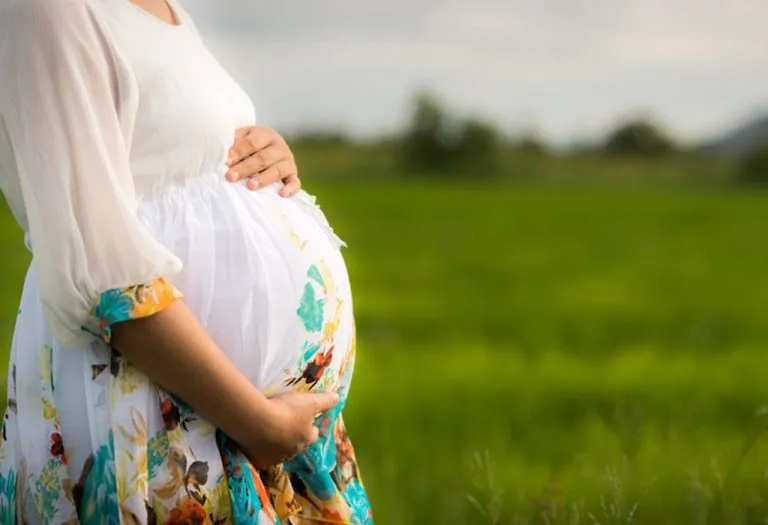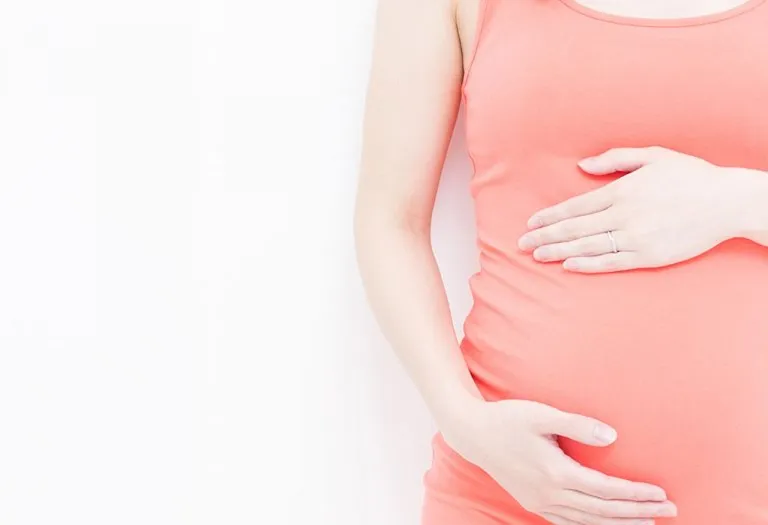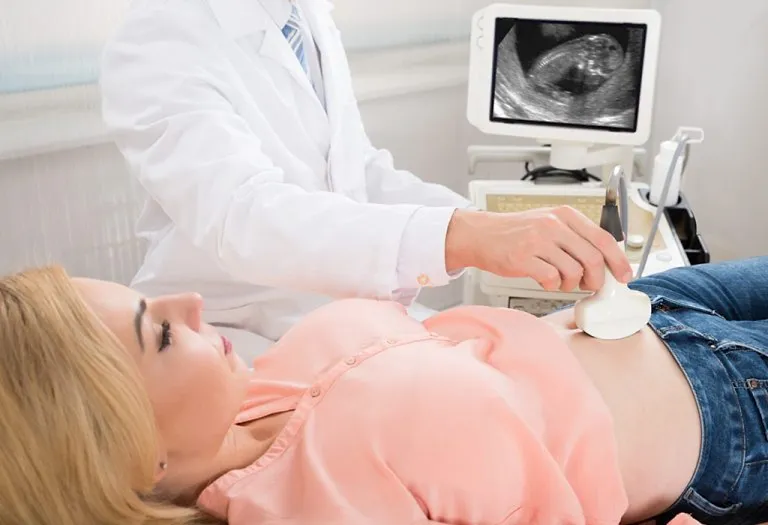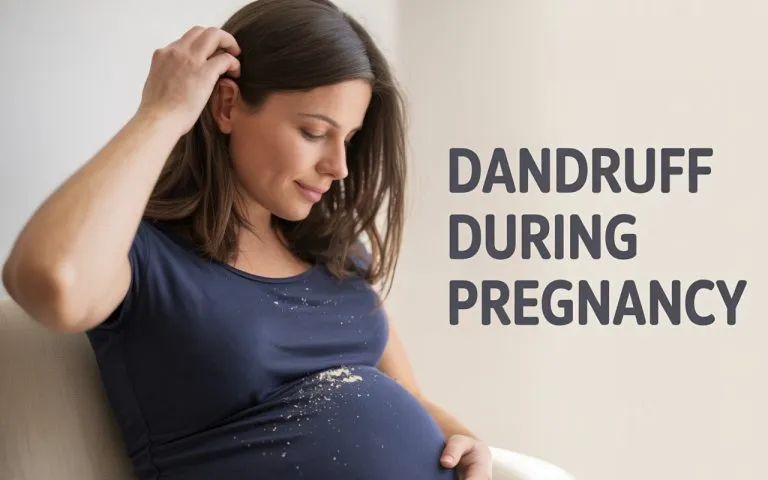Malnourishment During Pregnancy – Risks for Mother and Baby

Our bodies need nutrients for normal functioning and good health. Pregnancy is a period when nutrient intake is crucial, as the baby in the womb needs nutrition for healthy growth and development. The mother also requires essential nutrients to help her body withstand the rigours of pregnancy. Malnutrition and pregnancy create a risky situation that can harm both the mother and the baby, causing problems like poor health for the mother, congenital disabilities, and lasting health issues for the child. Therefore, malnutrition is a serious concern among pregnant women. Let’s understand what it is, its causes, its risks and how it can be prevented.
What Is Malnutrition?
Malnutrition happens when the body does not get sufficient nutrients that are essential for it to function normally. Nutrients are classified as Macronutrients (Proteins, carbohydrates, and fats), Micronutrients (Vitamins and minerals), and water. As a result, we can suffer from serious deficiency diseases that can affect the quality of our lives (3).
What Causes Malnutrition?
Malnutrition stems from a variety of factors that collectively impact nutritional status. Understanding these causes is crucial in developing effective strategies to combat malnutrition and improve overall health outcomes. Here are the primary causes of malnutrition in pregnancy:
1. Ignorance
Not knowing the importance of nutrients can lead to malnutrition, as the individual will not have a healthy, balanced diet (2).
2. Illness and Infections
Diarrhoea and vomiting can prevent a person from getting adequate nutrition. Illnesses, infections, and mental illnesses like depression can also affect a person’s ability to consume and digest nutritious food. They can cause a loss of appetite and affect the digestive system (6).
3. Socio-Economic Conditions
Families in low-income groups may lack the financial resources to buy healthy food. This can lead to malnutrition in such individuals (7).
4. Dental Problems
Painful teeth problems and gum disease can prevent a person from consuming nutritious food (5).
5. Medication
The use of some medicines can disrupt nutrient absorption in the body, thus causing malnutrition (4).
6. Morning Sickness
Severe morning sickness during pregnancy can hamper a woman’s ability to consume healthy food and may lead to malnutrition.
7. Insufficient Intake
It’s important to note that during pregnancy, a woman’s body needs approximately 300 additional calories per day. Failing to meet this requirement with a balanced diet can increase the risk of malnutrition (6).
Health Risks of Malnutrition in Pregnancy
Malnutrition during pregnancy can cause several health problems in the mother-to-be and her developing baby. Here are the health risks of malnutrition during pregnancy:
1. Risks for the Mother
- Maternal Mortality – Women who are under-nourished before and during pregnancy have a higher risk of dying during pregnancy or childbirth (10).
- Risk of Miscarriage – Undernourished women are at a higher risk of miscarrying.
- Dental Problems – Moms-to-be who are malnourished can suffer from tooth decay and other dental problems.
- Osteomalacia – This is a condition where the bones of a malnourished woman become too soft and brittle.
- Anaemia – Iron deficiency can cause anaemia in pregnant women . This means they have fewer red blood cells than normal, so the body’s cells do not receive enough oxygen (1).
- Toxaemia – Preeclampsia or toxaemia is a condition where the blood pressure and the protein level in the blood of a pregnant woman are dangerously high. This can endanger the life of both the mom and the baby.
2. Risks for the Baby
Malnutrition during pregnancy affects the baby inside the womb, too.
- Stillbirth – Babies that are malnourished do not grow and develop properly and could die in the womb.
- Premature Birth – Babies born prematurely are underdeveloped and could suffer from various problems such as poor vision, weak muscles, brain damage, poor growth rate, etc. They can also get necrotising enterocolitis, where bacteria invade and destroy their intestines (12).
- Perinatal mortality – Babies of women who were undernourished during pregnancy have a higher risk of dying in the 1st week of birth.
- Birth Defects – A micronutrient deficiency during pregnancy can cause severe congenital disabilities in the baby. For example, folic acid deficiency can cause spina bifida, where the baby is born with a deformed spinal cord. This affects the baby’s ability to walk and control bowel and bladder movements (11).
- Underdeveloped Organs – Malnourished babies can be born with underdeveloped organs, which can seriously affect the quality of their lives.
3. Long-Term Health Risk for the Child
- Diabetes Mellitus – Malnourished babies are at a much higher risk of developing type-2 diabetes later in their lives (13).
- Cardiovascular Diseases – These babies also develop high blood pressure and heart disease in adulthood.
- Osteoporosis – Undernourished babies have osteoporosis, a condition where the bones are weak and brittle and prone to fractures. This underscores the crucial role of proper nutrition in infant health and development.
- Low IQ and Cognitive Impairment – Undernourishment also causes babies to grow up with lower IQ than normal and suffer from cognitive impairment, where a person has problems learning new things, remembering, and making decisions in daily life.
How Can Malnutrition Be Prevented?
A balanced diet that includes plenty of fruits, vegetables, water, dietary fibre, proteins, fats, and carbohydrates can prevent malnutrition (9). Signs and symptoms of malnutrition in pregnancy include fatigue, anaemia, low pregnancy weight, dizziness, high blood pressure, hair loss, dry skin, dental problems, and low immunity (8).
To prevent malnutrition, women who plan to conceive should take prenatal vitamins, eat healthy food and exercise regularly. During the pregnancy, they should eat nutritious food and continue to take their pregnancy vitamins. This ensures that both mother and the newborn are hale and healthy.
FAQs
1. Can malnourishment during pregnancy affect the baby’s brain development?
Nutrients like omega-3 fatty acids, iron, iodine, and vitamins are not just beneficial, they are essential like the building blocks for your baby’s brain. Without them, the brain’s development can be hindered, potentially leading to cognitive deficits and developmental delays in the child.
2. How does malnutrition affect the mother’s ability to breastfeed?
Malnourishment during pregnancy can affect the mother’s ability to produce an adequate milk supply and provide sufficient nutrients to her baby through breastfeeding. Mothers who were malnourished during pregnancy may experience delayed lactogenesis (milk production) or produce milk that lacks essential nutrients, impacting the baby’s growth and development.
3. How does malnutrition during pregnancy affect the baby’s immune system?
Malnutrition during pregnancy can compromise the development of the baby’s immune system. It’s important to note that essential nutrients like vitamins A, C, D, and E, as well as zinc and selenium, play a crucial role in immune function. Insufficient intake of these nutrients during pregnancy may weaken the baby’s immune response, increasing susceptibility to infections both in utero and after birth.
Malnutrition while pregnant poses substantial risks to both mothers and their babies, impacting their immediate and long-term health outcomes. By prioritising maternal nutrition, we improve pregnancy outcomes and pave the way for healthier futures for both mothers and their children, ensuring that every pregnancy has the best chance for optimal health and well-being.
References/Resources:
1. Maternal nutrition; UNICEF; https://www.unicef.org/nutrition/maternal
2. Meniru. E. P, Jones. C. M, Igwe. C. M, et al.; Malnutrition in Pregnancy: Causes and Prevention; https://journals.aphriapub.com/index.php/IJoHKHE/article/view/1457/1395
3. Malnutrition; WHO; https://www.who.int/news-room/questions-and-answers/item/malnutrition
4. Causes-Malnutrition; NHS; https://www.nhs.uk/conditions/malnutrition/causes/
5. Malnutrition; Healthdirect; https://www.healthdirect.gov.au/malnutrition#causes
6. Ersado. T. L; Causes of Malnutrition; ResearchGate; https://www.researchgate.net/publication/360627646_Causes_of_Malnutrition
7. Khan. A, Khan. S, Zia-ul-Islam. S, et al.; Causes, sign and symptoms of malnutrition among the children; ResearchGate; https://www.researchgate.net/publication/334769726_Causes_sign_and_symptoms_of_malnutrition_among_the_children
8. Malnutrition; The Johns Hopkins Medicine; https://www.hopkinsmedicine.org/health/conditions-and-diseases/malnutrition
9. Treatment-Malnutrition; NHS; https://www.nhs.uk/conditions/malnutrition/treatment/
10. Serbesa. M. L, Iffa. M. T, Geleto. M; Factors associated with malnutrition among pregnant women and lactating mothers in Miesso Health Center, Ethiopia; PubMed Central; https://www.ncbi.nlm.nih.gov/pmc/articles/PMC7839159/
11. Spina bifida; NHS; https://www.nhs.uk/conditions/spina-bifida/#
12. Necrotizing Enterocolitis; Nemours KidsHealth; https://kidshealth.org/en/parents/nec.html
13. Pandit. P, Galande. S, Iris. F; Maternal malnutrition and anaemia in India: dysregulations leading to the ‘thin-fat’ phenotype in newborns; PubMed Central; https://www.ncbi.nlm.nih.gov/pmc/articles/PMC8532069/
Also Read:
Benefits of Fiber in Pregnancy
Simple Pregnancy Diet Chart
Nutrition Needs in Pregnancy
Vegetarian Diet when Pregnant
Was This Article Helpful?
Parenting is a huge responsibility, for you as a caregiver, but also for us as a parenting content platform. We understand that and take our responsibility of creating credible content seriously. FirstCry Parenting articles are written and published only after extensive research using factually sound references to deliver quality content that is accurate, validated by experts, and completely reliable. To understand how we go about creating content that is credible, read our editorial policy here.







